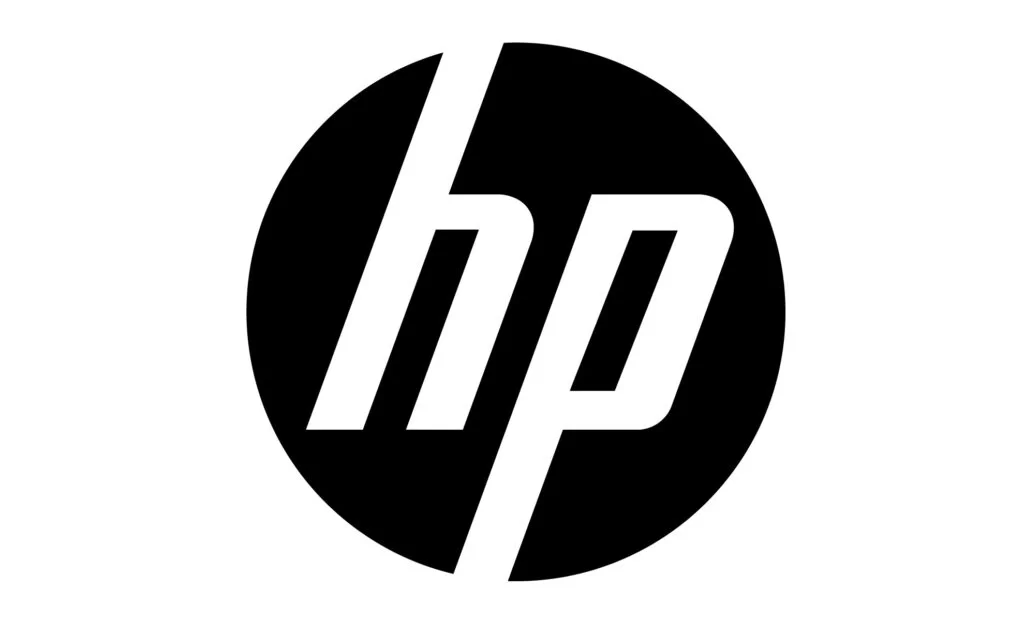Nigeria and countries around the world should boost education investment despite economic challenges, a global consortium of experts recommended in the landmark new HP Futures report released today.
This recommendation is rooted in extensive research including a 2020 study from the Washington Center for Equitable Growth which found that every $1 spent on education leads to a $1.66 return in economic activity later on, with greater effect during a recession
The HP Futures initiative, convened by global technology leader HP in partnership with the Global Learning Council and T4 Education, gathered more than 100 education and policymaking experts including former heads of state, education ministers, academics, educators, and leaders from NGOs and businesses, from around the world, including Nigeria, to develop a set of practical recommendations to close learning gaps, particularly as the world is on course to miss the United Nations Sustainable Development Goal 4 to achieve universal quality education by 2030.
In Nigeria, 70% of 10-year-olds cannot read a simple sentence, according to UNICEF. The rapid rise of Generative AI and automation is also changing our global economywhile curricula continue to educate for a 20th-century economy.
The HP Futures initiative sought to address these challenges, and the inaugural report suggests actions that can improve access to a good education. These actions include:
- Redesign education systems to create schools and curricula fit for tomorrow. Key recommendations include: having a genuinely effective approach to AI; implementing a hybrid schooling system with a mix of asynchronous and synchronous learning formats; centring social and emotional learning skills in curricula; no longer mirroring an outdated industrial system by separating subjects; reforming assessment to ensure greater equality of outcomes; reforming curricula to focus on instilling a sense of agency in young people when it comes to tackling the climate crisis.
- Deliver early years interventions to help young people in less advantaged communities build Knowledge Economy / AI-proof skills from an early age.
- Deliver on existing commitments to a baseline in education, including offering universal Pre-K and ensuring girls’ transition to secondary education.
- Develop national assessment and data collection systems, because this is the most cost-effective investment in education today.
- Subsidise EdTech tools that help pupils attain foundational literacy and numeracy, including ensuring access to language-learning apps for all pupils.
- Invest in wide-ranging teacher up skilling initiatives, including those combatting low digital fluency among teachers, allowing educators to adapt to an EdTech and AI-empowered teaching era.
In response to the HP Futures report, HP is introducing new programmes to boost the development of digital competencies in the next generation. These include: HP Read.ai, which addresses the challenge of improving foundational literacy by empowering teachers to create solutions through research, design thinking, and harnessing Generative AI; and HP EdTech Incubator, which supports the scaling of impactful education technology programmes worldwide by providing training, incubation and mentorship to selected educators.
David McQuarrie, Chief Commercial Officer at HP & HP Futures Chair, said:
“With today’s rapidly evolving landscape, driven by AI and other technology innovations, the next generation needs the skills and digital fluency that will enable them to thrive in the 21st century. Our aim with the HP Futures initiative is to provide impactful recommendations that will drive action towards more equitable and inclusive education.”
Vikas Pota, Founder & CEO of T4 Education, said:
“It is an international scandal that two decades into the 21st century, 70% of children worldwide cannot read and understand a simple text by the age of 10. Spending money isn’t easy when times are tough, but an investment in education is an investment in the future of your nation and in the world. Skill your teachers and your children. I hope that this is a commitment all nations can make to the next generation.”
Methodology:
The HP Futures initiative brought together five Councils over the course of a six-month period in late 2023 and early 2024, comprised of education and policymaking experts. Each Council held wide-ranging, in-depth, cross-cultural panel discussions and explored the global education challenges faced today through a specific lens. All had a shared aim of generating a report containing insights and actionable recommendations for global governments, education policymakers and sector leaders.
The five HP Futures Councils were:
- The HP Futures Council on Tomorrow’s Schools, co-led by Asheesh Advani, CEO, Junior Achievement (JA) Worldwide and Co-Author, Modern Achievement, and Tunde Agboke, Director in Government Affairs Advocacy Strategy, HP.
- The HP Futures Council on EdReform, co-led by Jane Mann, Managing Director, Partnership for Education, at Cambridge University Press & Assessment, and Markus Schwertel, HP Global Policy and Strategy Director, International Organisations, HP.
- The HP Futures Council on Knowledge Economy Skills, co-led by CEO of NGO Teach A Man To Fish, Nik Kafka, and Michele Malejki, Global Head of Social Impact, HP.
- The HP Futures Council on Ending Learning Poverty, co-led by David Barth, Vice President, International Programs, at Save the Children US, and Ify Afe, Director Strategy & Planning, HP.
- The HP Futures Council on EdTech for Teachers, co-led by Soulaymane Kachani, Senior Vice Provost, Columbia University, and Giulia Buttini, Director Government Affairs & Public Policy, HP.
The full HP Futures report can be downloaded here: https://hpfutures.com/

